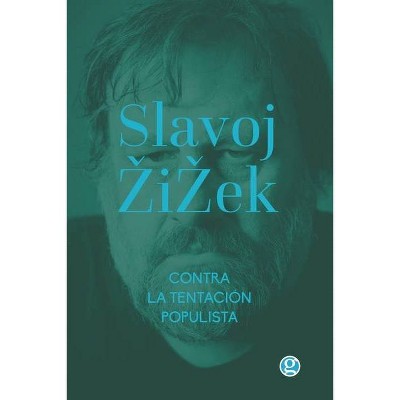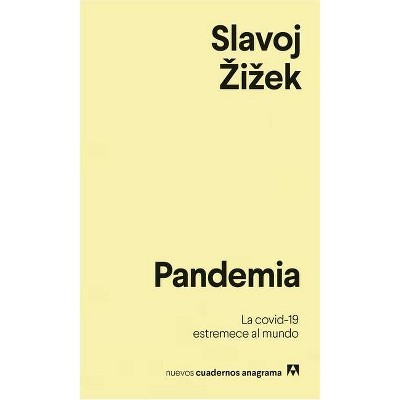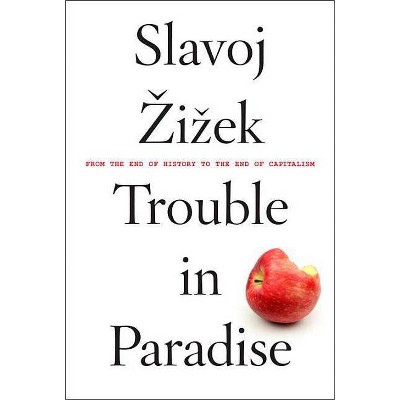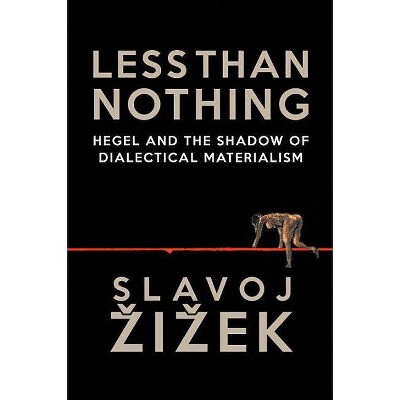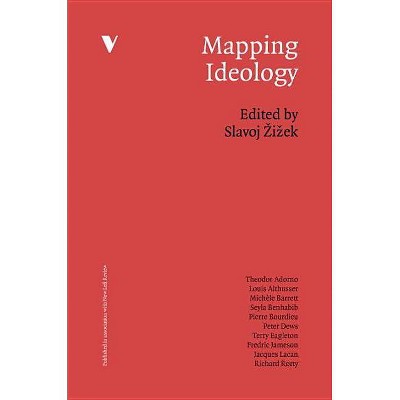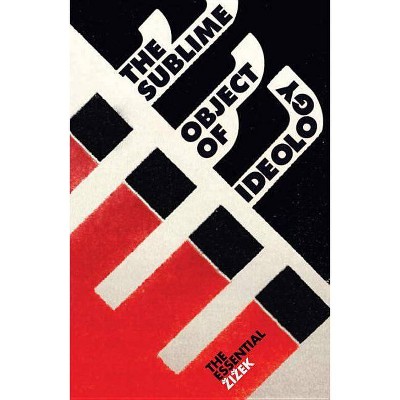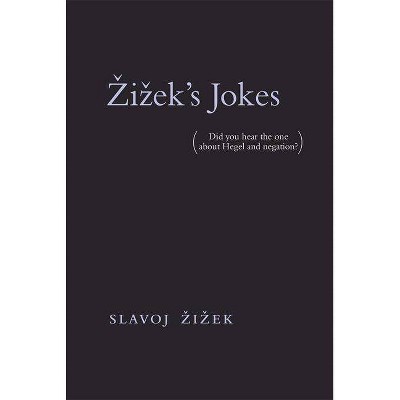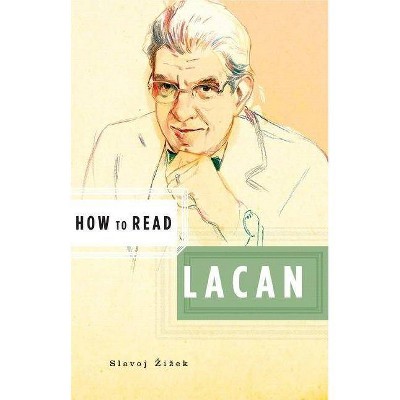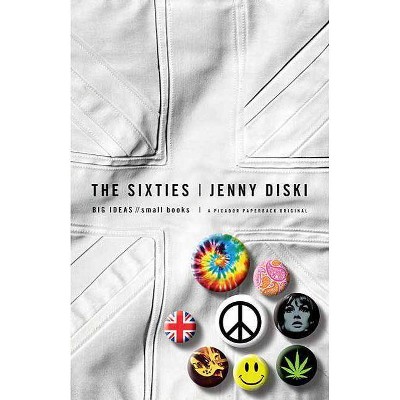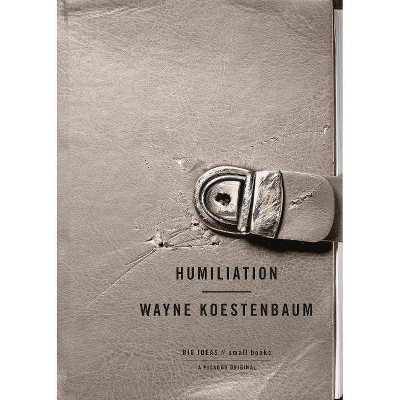Violence - (Big Ideas//Small Books) by Slavoj Zizek (Paperback)
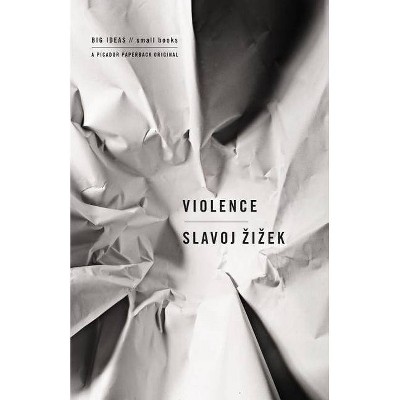
Similar Products
Products of same category from the store
AllProduct info
<p/><br></br><p><b> About the Book </b></p></br></br>Philosopher, cultural critic, and agent provocateur Zizek constructs a fascinating new framework to look at the forces of violence in the world.<p/><br></br><p><b> Book Synopsis </b></p></br></br><p><b>Philosopher, cultural critic, and agent provocateur Slavoj Zizek constructs a fascinating new framework to look at the forces of violence in our world. <p/></b>Using history, philosophy, books, movies, Lacanian psychiatry, and jokes, Slavoj Zizek examines the ways we perceive and misperceive violence. Drawing from his unique cultural vision, Zizek brings new light to the Paris riots of 2005; he questions the permissiveness of violence in philanthropy; in daring terms, he reflects on the powerful image and determination of contemporary terrorists. <p/>Violence, Zizek states, takes three forms--subjective (crime, terror), objective (racism, hate-speech, discrimination), and systemic (the catastrophic effects of economic and political systems)--and often one form of violence blunts our ability to see the others, raising complicated questions. <p/>Does the advent of capitalism and, indeed, civilization cause more violence than it prevents? Is there violence in the simple idea of the neighbour? And could the appropriate form of action against violence today simply be to contemplate, to think? <p/>Beginning with these and other equally contemplative questions, Zizek discusses the inherent violence of globalization, capitalism, fundamentalism, and language, in a work that will confirm his standing as one of our most erudite and incendiary modern thinkers.</p><p/><br></br><p><b> From the Back Cover </b></p></br></br><p><b>Praise for author Slavoj Zizek</b> <p/>The Elvis of cultural theory.--<i>The Chronicle of Higher Education</i> <p/>The most formidably brilliant exponent of psychoanalysis, indeed of cultural theory in general, to have emerged in Europe for some decades.--Terry Eagleton, <i>The London Review of Books <p/></i>A one-person culture mulcher . . . a fast-forward philosopher of culture for the post-war period.--<i>The Village Voice</i> <p/>[Zizek] stares out, disheveled, from the page and dares the reader to disagree. . . . As always, he combines the fruitfully combative, the densely intelligent, and the merely glib, sometimes in the same paragraph.--Steven Poole, <i>The Guardian</i> (UK)</p><p/><br></br><p><b> Review Quotes </b></p></br></br><br>In this provocative and brilliantly argued work, philosopher Zizek takes readers on an intellectual and artistic tour--drawing upon Picasso's Guernica, Alfred Hitchcock and M. Night Shyamalan's films, Michel Houellebecq's novels, jokes, Lacanian psychology and a Kantian analysis of Hurricane Katrina--to demonstrate how societies understand, obscure and deny the sources of violence. His is not an examination of offenses but an argument that violence can perhaps be best defined by the bystanders and not by its perpetrators or victims. -<i> Publishers Weekly </i><br><p/><br></br><p><b> About the Author </b></p></br></br><p><b>Slavoj Zizek</b> is a senior researcher at the Institute of Sociology, University of Ljubljana, Slovenia, and has been a visiting professor at Columbia University, Princeton, and The New School. He is the author of more than thirty books and is the subject of the documentary, <i>Zizek</i>. His own critically acclaimed documentary, <i>The Pervert's Guide to Cinema</i>, was the subject of a film retrospective in 2007 at the Museum of Modern Art.</p>
Price History
Price Archive shows prices from various stores, lets you see history and find the cheapest. There is no actual sale on the website. For all support, inquiry and suggestion messages communication@pricearchive.us
